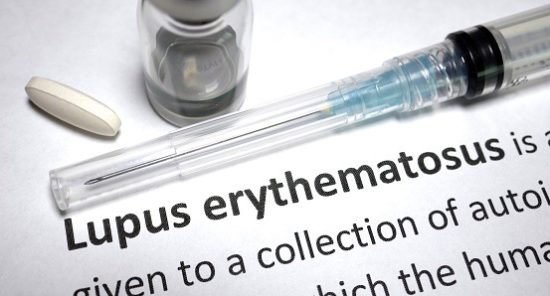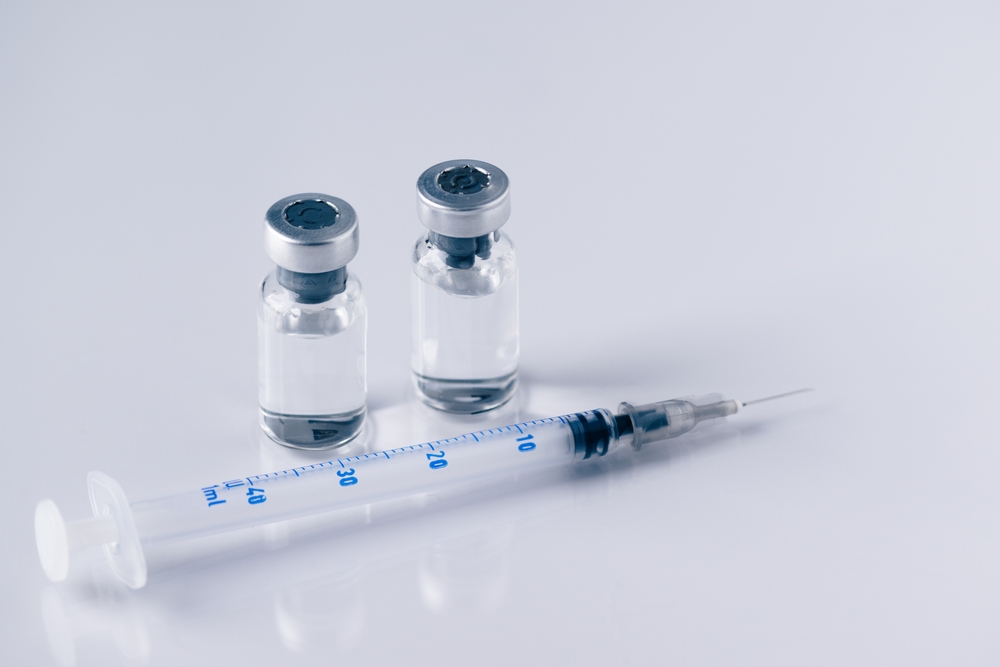This study aimed to uncover immunological and clinical heterogeneity across autoimmune rheumatic diseases (AIRDs) to advance personalized medicine. Researchers conducted large-scale immunophenotyping of 46 peripheral immune cell types using an 8-colour flow cytometry protocol across more than 1,000 Japanese patients with 11 AIRDs, including rheumatoid arthritis (RA) and systemic lupus erythematosus (SLE). Multimodal clustering of immune profiles revealed shared and distinct disease-cell type networks, identifying close immunological relationships, such as between mixed connective tissue disease and SLE. Patient-level clustering showed that RA-like and SLE-like immunophenotypes were dominant, highlighting distinct immune features across AIRDs.
Further clinical analysis of patients with RA demonstrated that these immunological clusters correlated with clinical heterogeneity, influencing disease activity, treatment responses, and resistance patterns—particularly noting treatment resistance among RA patients with SLE-like immunophenotypes. Additionally, polygenic risk scores (PRS) were linked to both clinical and immunological features, offering insights into disease biology, such as the involvement of dendritic cells in RA-associated interstitial lung disease. Overall, cross-disease immunophenotyping provides a deeper understanding of patient subtypes within AIRDs, with immune cell-specific insights that could inform more tailored therapeutic approaches.
Reference: Tanaka H, Okada Y, Nakayamada S. Extracting immunological and clinical heterogeneity across autoimmune rheumatic diseases by cohort-wide immunophenotyping. Ann Rheum Dis. 2024 Jan 11;83(2):242-252. doi: 10.1136/ard-2023-224537. PMID: 37903543; PMCID: PMC10850648.









